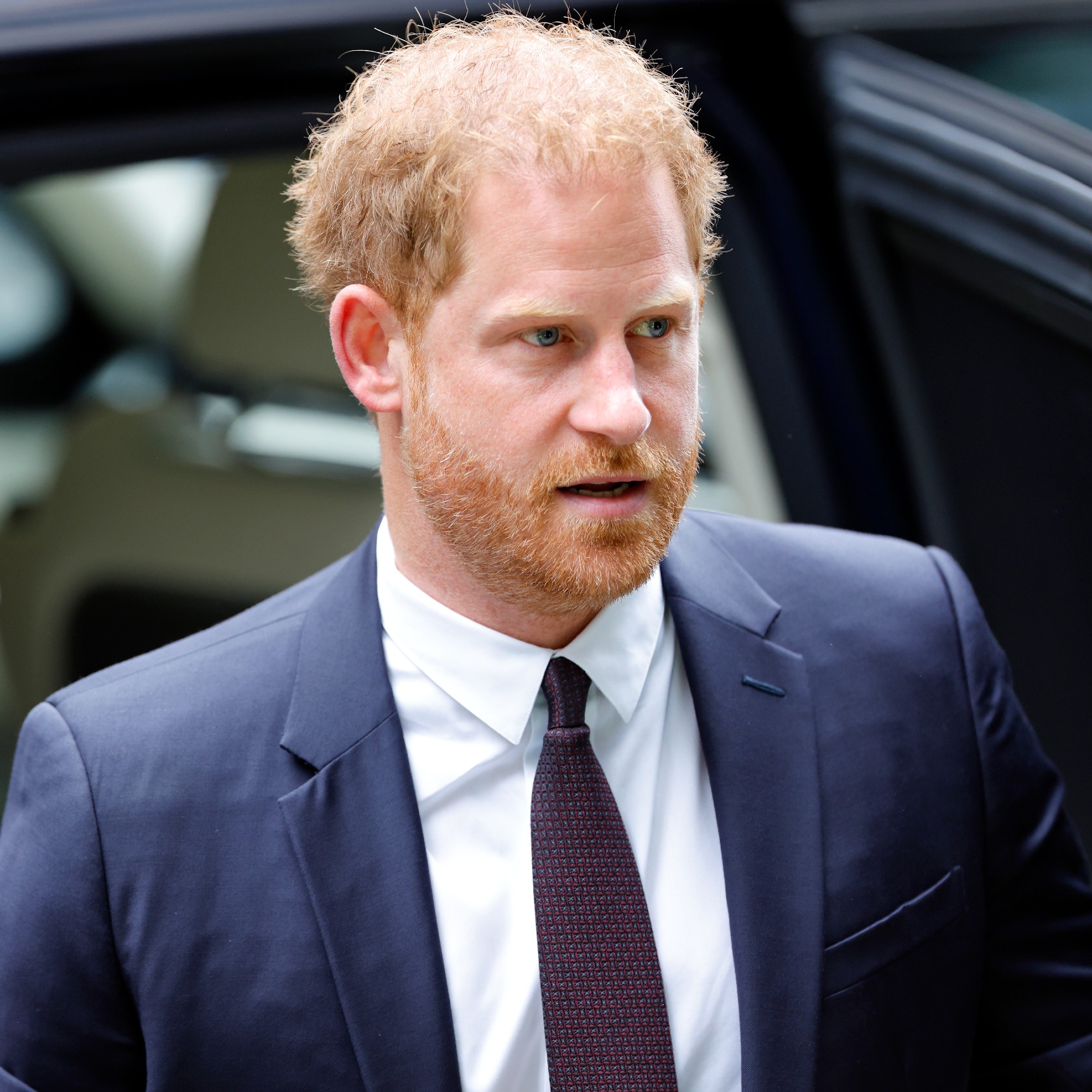
Prince Harry appeared in the High Court today for his phone hacking trial against Mirror Group Newspapers, who he is suing for damages. In his witness statement, according to The Independent, Harry referred to an article in The People from 2002 with the headline “Plot to Rob the DNA of Harry,” which reported a bid to steal a sample of Harry’s DNA to check his parentage. Rumors that Harry is not King Charles’ son and rather the son of James Hewitt, who once had a romantic relationship with Princess Diana, have followed the Duke of Sussex for most of his life, and Harry claimed that tabloid rumors his father was Hewitt and not Charles were an attempt at ousting him from the royal family.
“They were hurtful, mean, and cruel,” Harry said. “I was always left questioning the motives behind the stories. Were the newspapers keen to put doubt into the minds of the public so I might be ousted from the royal family?”
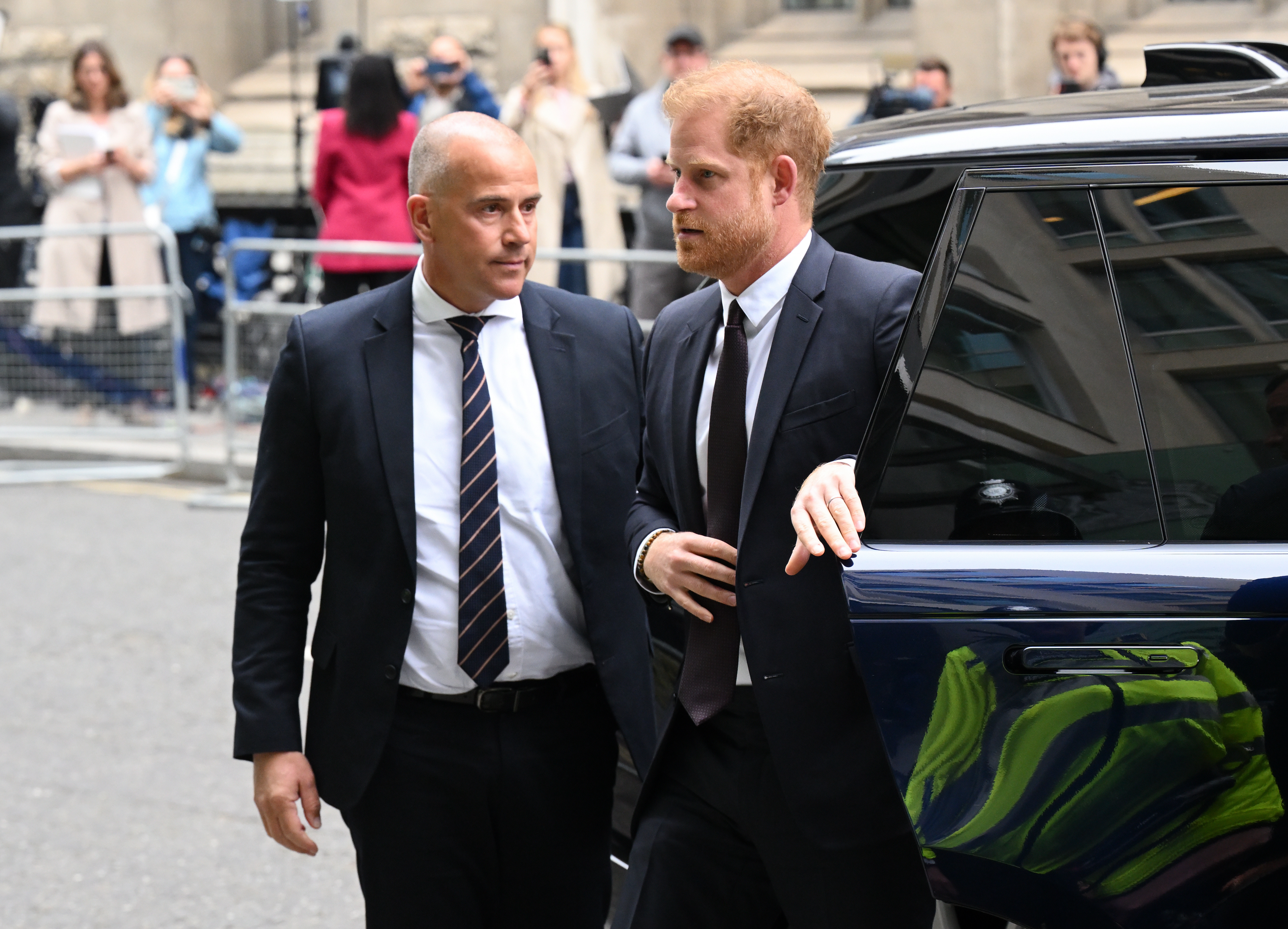
Harry added that Diana did not meet Hewitt until after Harry’s birth, a fact he said was common knowledge amongst Mirror Group Newspapers’ journalists.
“Numerous newspapers had reported a rumor that my biological father was James Hewitt, a man my mother had a relationship with after I was born,” Harry said. “At the time of this article and others similar to it, I wasn’t actually aware that my mother hadn’t met Major Hewitt until after I was born.”
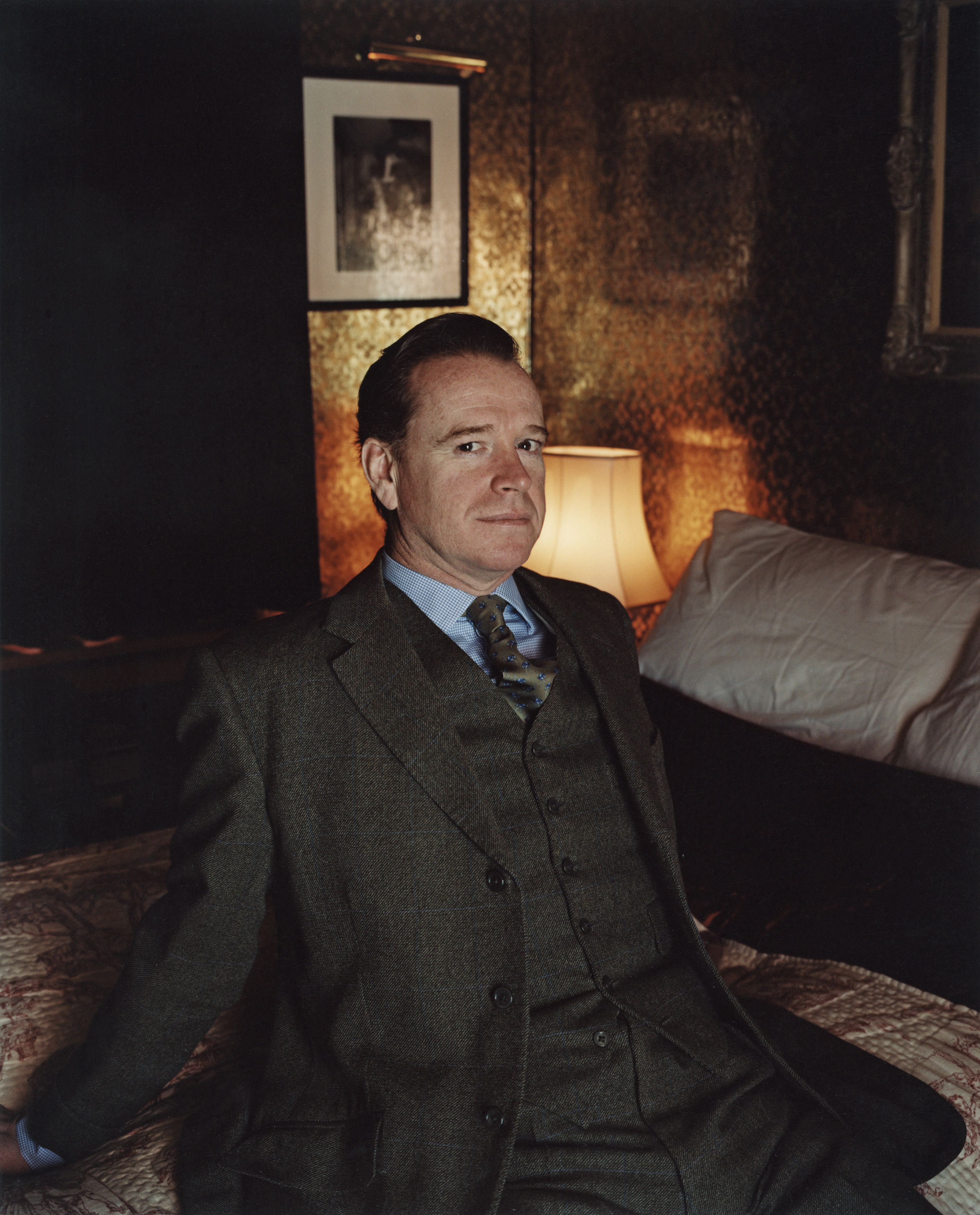
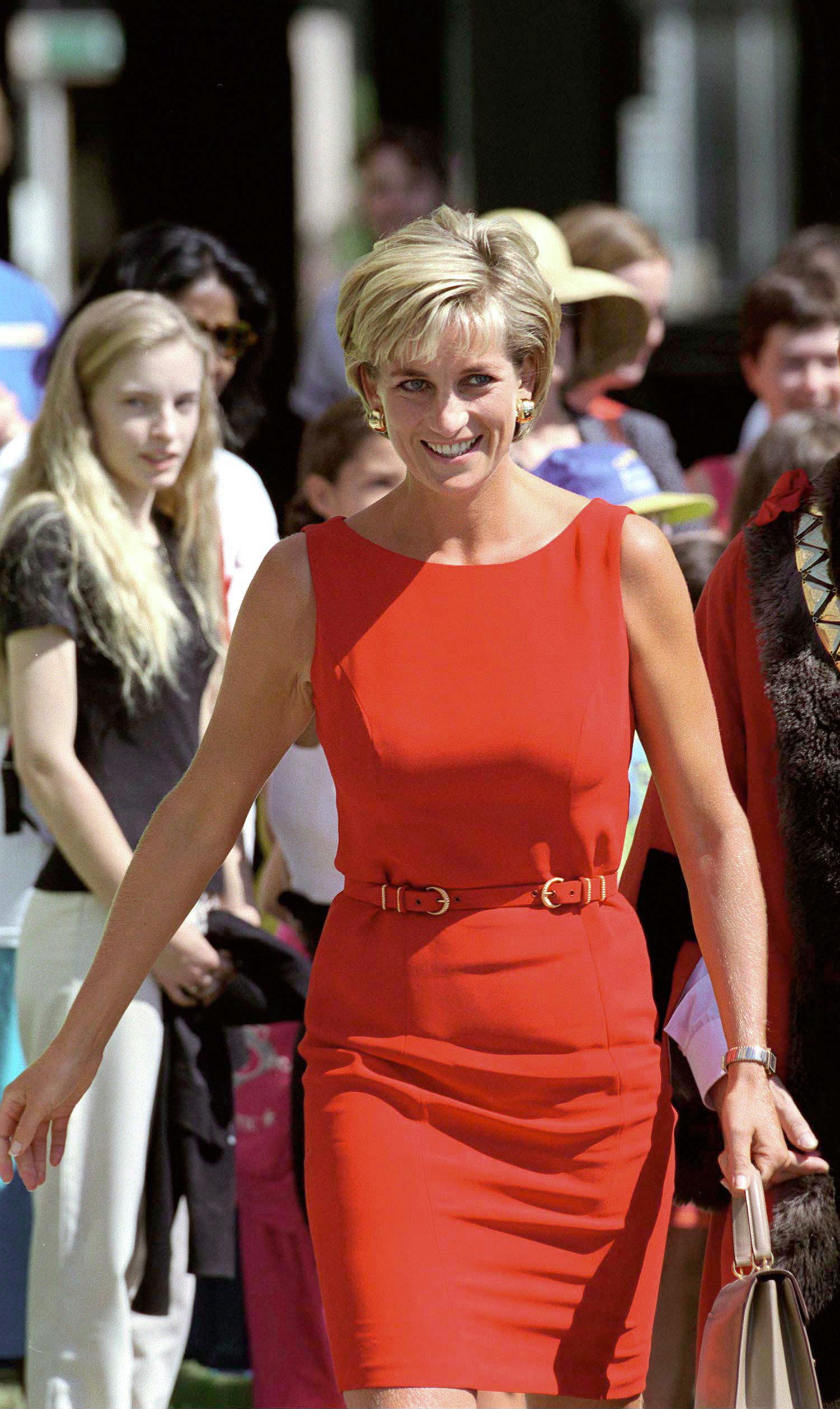
He added “at the time, when I was 18 years old and had lost my mother just six years earlier, stories such as this felt very damaging and very real to me.” Harry said he was particularly concerned over comments in the aforementioned article that referred to a “highly placed royal source” that provided details of the alleged plot and how Harry’s DNA would be “sold abroad.” Harry said he didn’t believe information came from anyone within the Palace, but that it showed that Mirror Group Newspapers were using unlawful means of gathering information about him for the article.
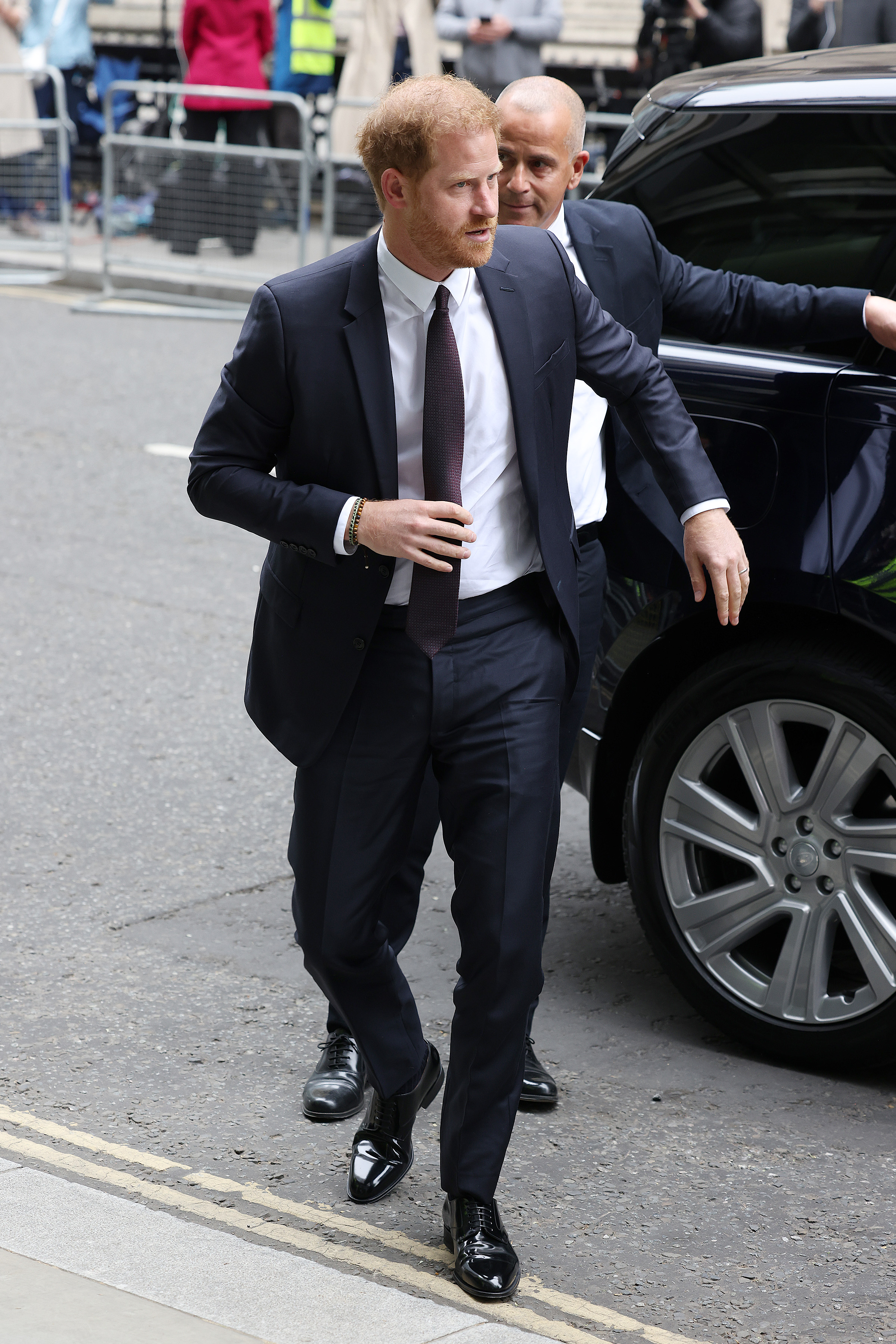
Harry alleges about 140 articles published between 1996 and 2010 contained information gathered using unlawful methods, and 33 of these have been selected to be considered at trial.







